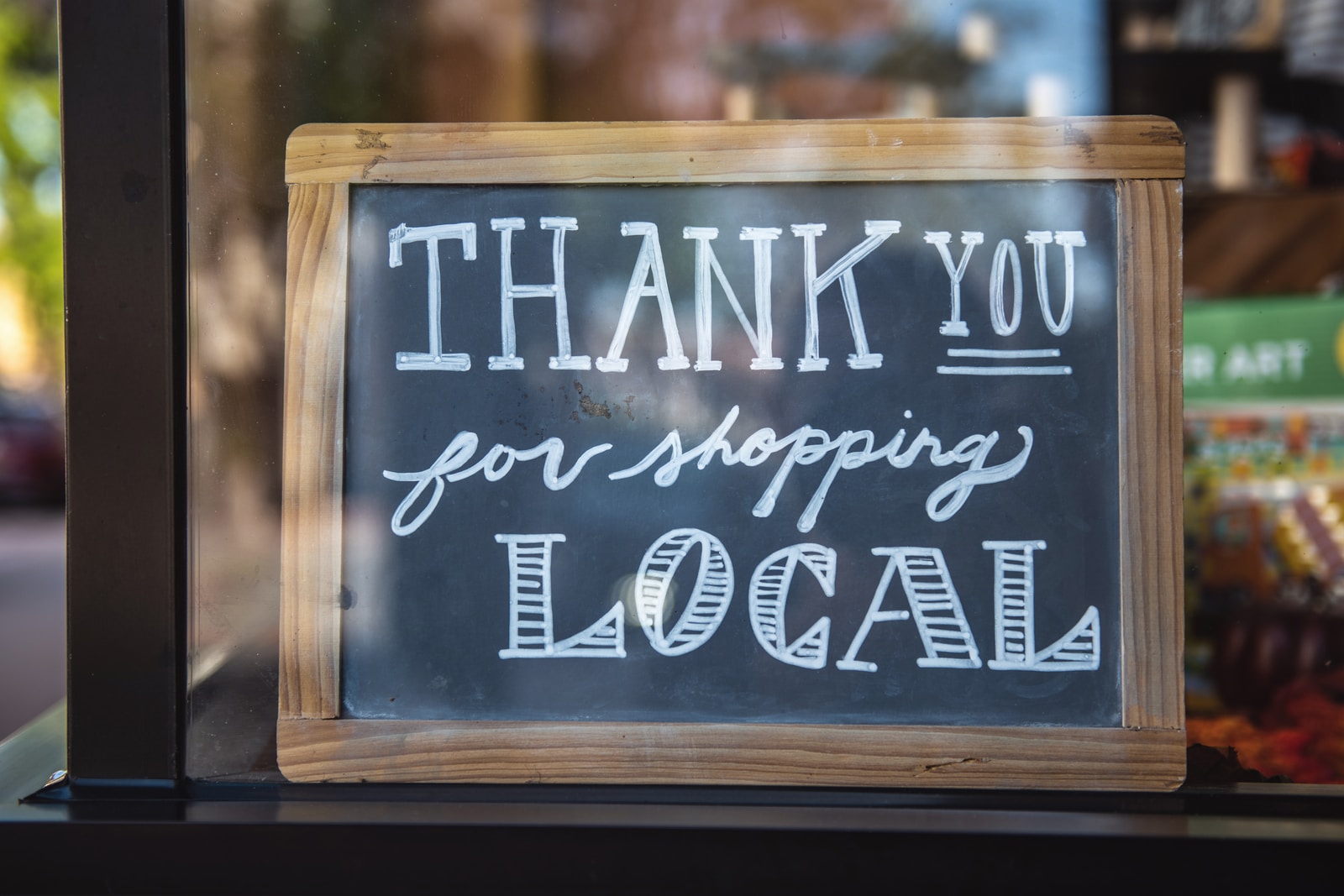Local SEO refers to optimizing a website for targeted searches in a local area. For instance, if you operate a plumbing company in your area, a local SEO strategy would optimize your content to show up in Google searches for “plumber” + [your city].
There are a number of ways to achieve local marketing success and I’ve highlighted 4 of my favorite below:
Sign Up for a Google Business Profile
The best way to get started with local SEO is by creating a Google Business Profile (formerly Google My Business) for your company. Google allows you to add tons of information about your company such as hours, location and even photos. Plus, if you don’t already have a website or you have a website in production, you can use a Google site in the meantime.
Start by visiting google.com/business and sign up for a profile. Google will ask you to verify your location, typically with a pin code sent in the mail.
Create Local Landing Pages for Targeted Keywords
Once you have a Google profile, the next step is to start creating local landing pages targeted around your keywords. Here you will publish a page featuring one of your services or products coupled with the targeted city. For instance, let’s say you want to rank for “chiropractor in Yuba City, CA”; you would create a page talking about chiropractic services and mention the city. This shows Google you have a dedicated page for this location and it’s a good fit for people searching this particular keyword. Additionally, for anyone actually in Yuba City who searches “chiropractor near me“, has the potential to show in search results.
Create Profiles On Local Directories
If you don’t already have a profile on local directories, create them. This is especially true if you are in any type of highly localized business, like a snow removal company or laundromat. It helps to build your business up and increases the chances of getting more customers.
Possible directories include Yelp, Facebook, Cityvoter, Nextdoor, Bing Local, Angie’s List or Home Advisor (great for contractors). While most of these citations are free of charge to create a profile, you can also find paid directories like the Better Business Bureau or your local Chamber of Commerce website.
As Google crawls these citation sources and sees your number, address and phone number (NAP), the information is associated to your Google Business Profile. And after some time, you’ll start to see your profile rank in search results for your target keywords. It’s really important to be consistent though. You never want to list a different number on two different websites or list a slightly different business name (i.e., adding in LLC at the end of a business name) on two different sites. This can, unfortunately, confuse Google and limit your ranking potential.
Build Backlinks with Localized Anchor Text
Backlinks are a key factor to success with any SEO campaign. If you’re focused on localized keywords, you’ll want to build links to your site with anchor text that clearly describes the targeted city.
For example, let’s say you’re creating a guest blog about a service you offer. Instead of linking on your service name alone, change the link to include your city name as well. Let’s say you are creating a link for a laundry service in Sacramento, CA. Rather than link on “laundromat” alone, you should consider linking on “laundromat in Sacramento”. Over time, Google will see that links include your city name and rank you accordingly.
These Are Just a Few Tips
These are just a few quick-hitting tips to use in your local SEO strategy. You should also consider your activity on social media, gathering reviews for your business, blogging on your website and more. Just as we think we have Google figured out, an update will come along and we’ll have to relearn what is best for a local marketing strategy.





0 Comments